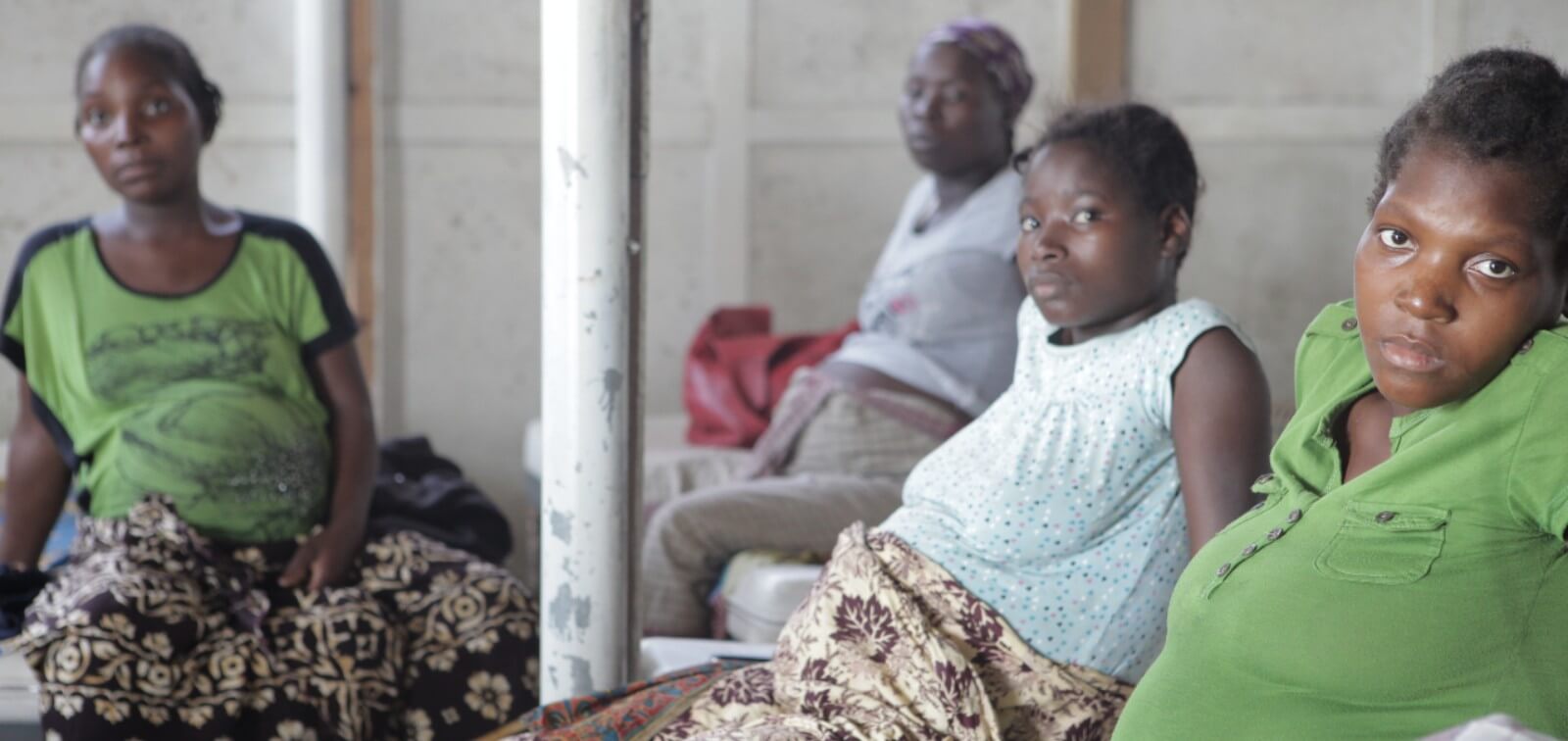The Spanish Health Research Fund (FIS) is Once Again Financing Global Health Projects
Two ISGlobal projects on maternal and child health have been chosen in the last ISCIII call for proposals to be conducted in Mozambique
04.01.2023
The Health Research Fund (FIS) of the Carlos III Health Institute (ISCIII), the main public health sciences research agency in Spain, has awarded grants to two projects in the field of global health, specifically maternal and child health, in its latest call for proposals, after years in which it had ceased to do so. The two projects are led by ISGlobal and focus on the most vulnerable pregnant women in Mozambique, a low-income country.
The first project, SARA, aims to reduce the incidence of adverse maternal and perinatal outcomes related to SARS-CoV-2 in a group highly vulnerable to infection. SARA plans to conduct a multicenter, randomised, double-blinded, placebo-controlled trial in Mozambique, in 400 pregnant women infected with SARS-CoV-2. The objective is to evaluate the efficacy and safety of low-dose acetylsalicylic acid (LDASA) administration to reduce SARS-CoV-2 adverse effects, as this administration has been shown to improve maternal and perinatal outcomes in women at high risk of endothelial and placental complications. The principal investigator of the project is Clara Menéndez, director of the initiative and of ISGlobal's Maternal, Child and Reproductive Health Initiative and Programme.
The other project, which will also take place in Mozambique, will study antiretroviral drug resistance in pregnant women with HIV and how it relates to the risk of vertical (mother-to-child) transmission. HIV drug resistance can compromise the efficacy of antiretroviral therapy, which is particularly important in pregnant women in sub-Saharan Africa due to the high burden of infection in the region and the risk of mother-to-child transmission of HIV. The aim of the study, whose principal investigator is Raquel González, assistant research professor at ISGlobal, is to describe the prevalence and characteristics of HIV drug resistance mutations in Mozambican pregnant women before and after the large-scale introduction of the drug dolutegravir in the country, and to assess its association with the risk of vertical transmission of HIV through breastfeeding.
Public funding of this type of projects represents a contribution to the 2030 Agenda of the Sustainable Development Goals (SDGs) in the field of R&D, specifically towards achieving the SDG3 Health targets related to the reduction of the global maternal mortality rate (3.1), access to quality essential health services (3.8) and support for research and development activities for vaccines and medicines for communicable and non-communicable diseases that primarily affect developing countries (3.9. b).
In addition to the two aforementioned projects, three others led by ISGlobal have also received public funding from ISCIII for their development over the next two years:
- New gold molecules coordinated with flavonoids against priority multi-resistant pathogenic bacteria (FLAVOBAC). Principal Investigator: Sara Soto.
- The gut microbiome and circadian disruption, a molecular epidemiological study on cardiometabolic diseases and mental health. Principal Investigator: Manolis Kogevinas.
- Microbiological strategies for the treatment of pulmonary infections caused by Mycobacterium avium complex and Mycobacterium abscessus. Principal Investigator: Griselda Tudó.





